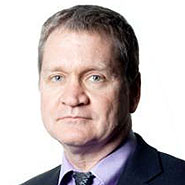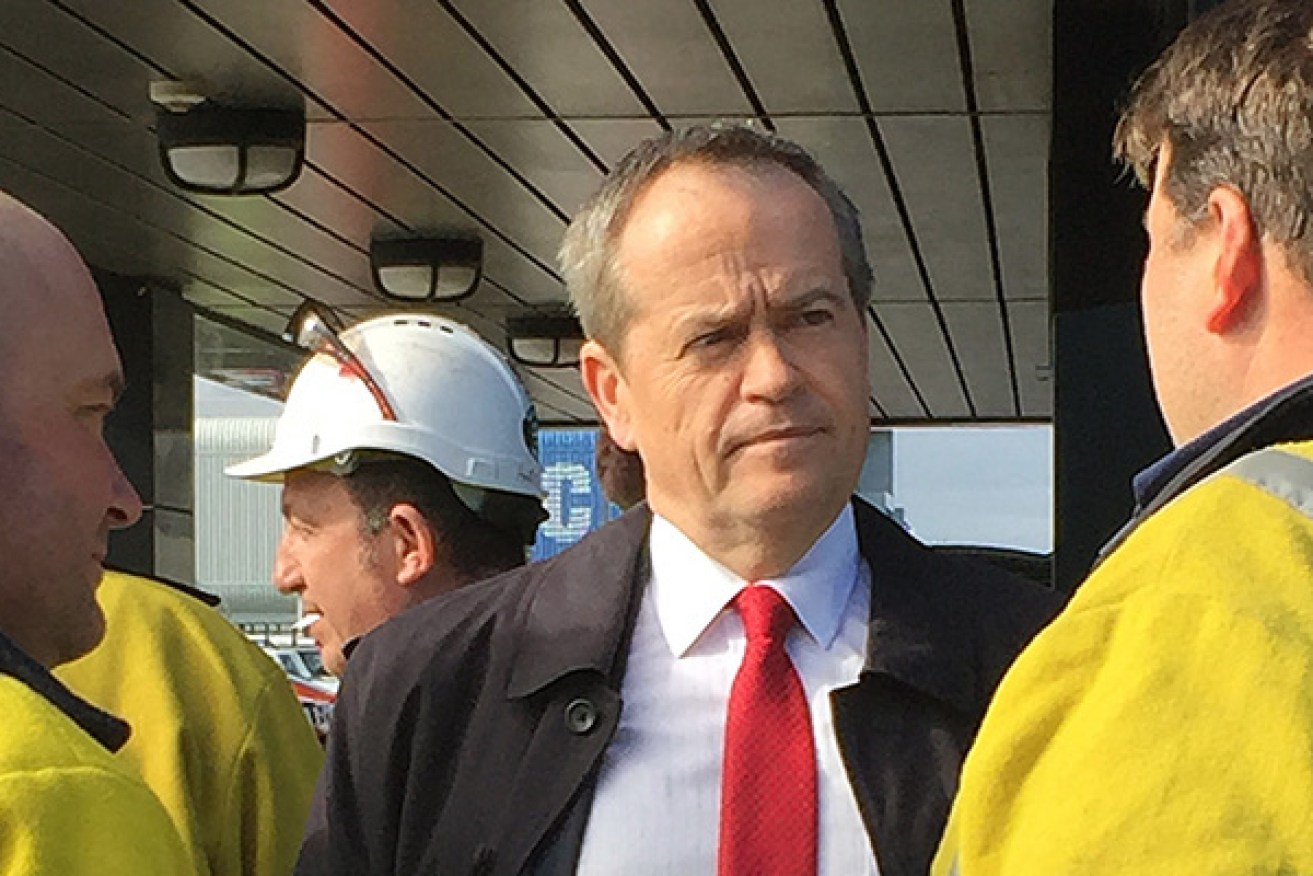No difference between Labor, Libs? Think again


AAP
One of the common complaints about Australian politics is that the Labor and Liberal parties are about as different as Tweedledee and Tweedledum.
Indeed, Labor’s decision to aim for half of Australia’s electricity to be generated from renewables sources by 2030 was hailed, by some Labor-leaning voters, as a longer overdue attempt at differentiation by Bill Shorten.
Yet the overall complaint is wrong. It’s true that Mr Shorten, like Tony Abbott, has not been embraced by voters, but Labor has a range of policy differences from the Liberal and National parties.
• Joe Hockey hit with huge legal bill
• Jimmy Barnes not happy with Reclaim Australia
• ‘Jackass’ Trump the most popular Republican
For starters, Labor is a strong supporter of Medicare and opposed the Coalition’s push to introduce a co-payment for visits to the GP.
Labor has flagged a modest tax crackdown on multinational profit shifting and cutting superannuation tax concession for high-income earners, while not ruling out changes on negative gearing for property investments.
It opposed deregulation of university fees, scrapping of indexation for the aged pension and the superannuation co-contribution for low-income earners.
The Abbott government was able to get some of these measures passed by the Senate, if it won over enough crossbenchers or, more rarely the Greens, while other measures that were clearly unpopular with voters did not make it to a vote.

Face off: do voters have genuine choice at the federal level? Photo: AAP
Where Labor’s policy tends to blur with those of the Coalition is on Abbott’s fortress mentality with national security – which involves a hard line on terrorism and on asylum seekers.
Labor’s stance largely accepts Abbott’s framing of the debate on both issues. It chooses to pick fights carefully on questions of economic fairness rather than on social justice policy, which has frustrated or enraged many left-leaning voters.
A push will be mounted at the ALP national conference, which starts on Friday in Melbourne, for major changes to Labor’s policy on asylum seekers. High-profile barrister Julian Burnside has already released a broadside that he plans to deliver at the conference.
However, the conference is unlikely to explicitly repudiate the Liberals’ turnback policy, after having struggled with policy on asylum seekers since losing the 2001 “Tampa” election.
The view within the party leadership is that Labor failed to win public support for changes introduced by former Labor immigration Minister Chris Evans in 2008-09, which included abolishing temporary protection visas.
In the end, the bottom line for the Labor leadership comes from knowing that opinion polls find that about one quarter of their own voters reckon the Abbott government’s policies are too soft.
One irony is that the ALP leadership has joined unions in criticising the China free trade agreement’s so-called labour mobility clauses, a stance that will be supported by some of the people who back the Coalition’s tough line on asylum seekers.
Being pro-gay marriage is another matter. There is public support for marriage equality and both side of politics are lagging behind the views of voters on that.

Gay marriage is one area in which the two major parties have distinct policies. Photo: Getty
That is why the renewable energy pledge is important. The majority of voters believe that climate change is occurring and that more action should be taken to address it.
In the lead-up to the ALP conference, many past and present leaders of the labour movement have called for the influence of union leaders within the party to be reduced, giving more say to party members.
But the Labor party of the 21st century is focused on economic fairness – where it arguably has an edge in an era when voters fear rising inequality and falling standards of living.
For example, an Essential poll on the attributes of the major parties last September found that 54 per cent of those surveyed said Labor was better at looking after the interest of working people, while just 31 per cent thought the Liberals were better.
The same poll found that 65 per cent thought the Liberals were too close to big corporate and financial interests while just 36 per cent felt that way about Labor.
Conservatives will argue the polling company, Essential, worked on the union movement’s Your Rights at Work campaign. Yet this does not disprove the trend of how voters think about the major parties.
It’s true that some voters are concerned about union influence on the Labor party. But opinion polls show that voters’ union power has been in decline for several decades, while that of big business has continued.
So, Bill Shorten has to convince the Labor conference – and his caucus colleagues – that he is the right person to lead the party to the next election. Then he faces the tougher task of convincing voters.
But it’s wrong to say there are no differences between Labor and the Liberals.
Mark Skulley is a freelance journalist who is based in Melbourne. He was a reporter for The Australian Financial Review for almost 19 years, which included a decade covering national industrial relations and the world of work. He has since written for The New Daily and other outlets. View all of his columns here.








